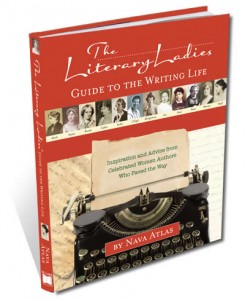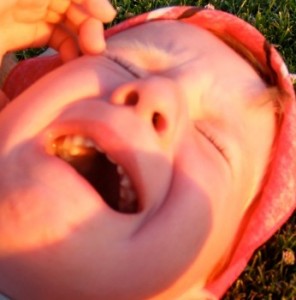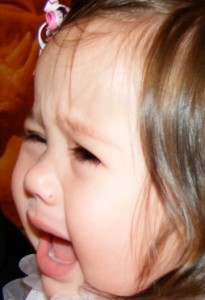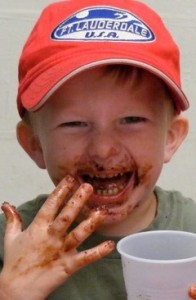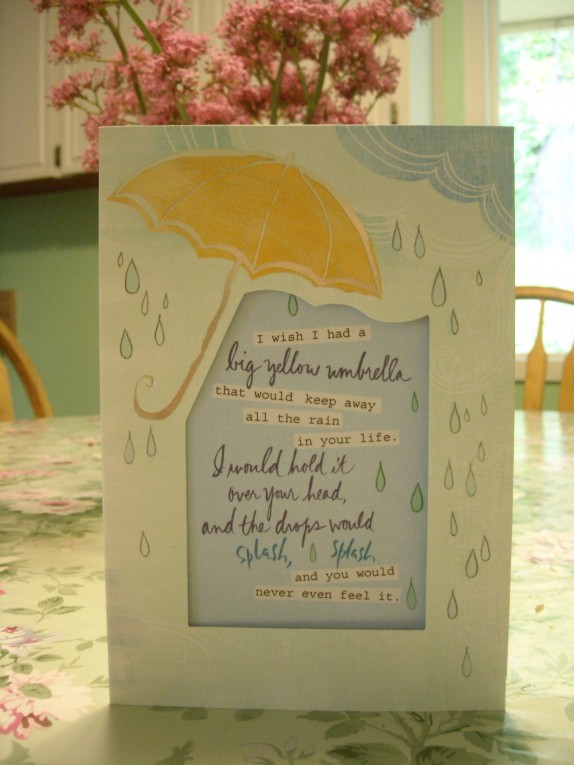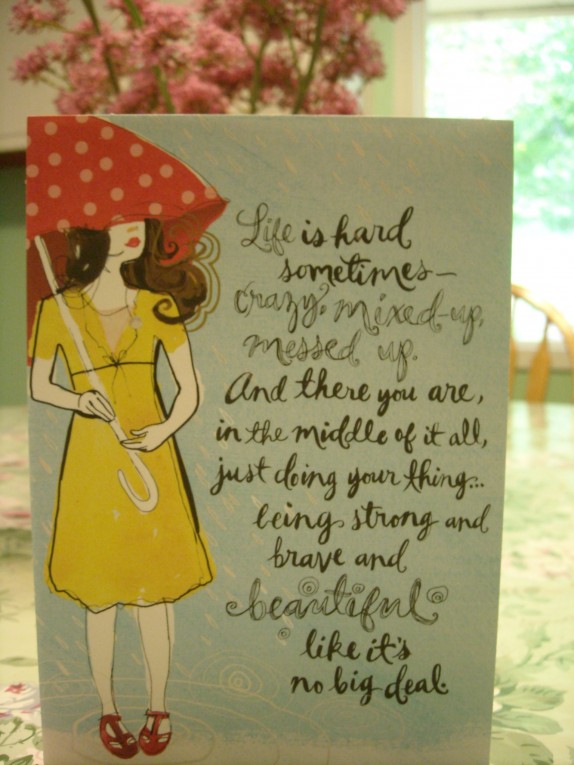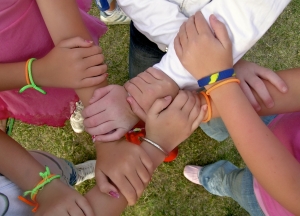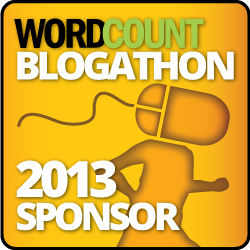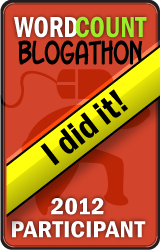If you missed yesterday’s post, here is Part 1.
Stowe was devastated when her toddler son died of cholera, but later, she claimed that the loss helped her empathize with slave mothers whose children were auctioned off: “I wrote what I did because as a woman, as a mother, I was oppressed and broken-hearted with the sorrows and injustice I saw.”
Madeleine L’Engle, best known for A Wrinkle in Time, felt guiltiest about writing during the long stretch of years that her work was continually rejected. She worried that she was spinning her wheels, while also not earning income for all her efforts. After finally becoming a published author, she wrote, “I’m often asked how my children feel about my work, and I have to reply, ‘ambivalent.’ Our first-born observed to me many years ago, when she was a grade school child, ‘Nobody else’s mother writes books.’ But she also said, around the same time, ‘Mother, you’ve been very cross and edgy with us lately, and we’ve noticed that you haven’t been writing and we wish you’d get back to the typewriter.’ A wonderfully freeing remark. I had to learn that I was a better mother and wife when I was working than when I was not.”
As ambivalent as she was about taking time away from her children when she was writing, though, L’Engle had no qualms about having chosen both: “I’ve experienced the pain and joy of the birth of babies and the birth of books and there’s nothing like it.”
Contemporary women authors are more likely to be mothers than authors of the past, and so, more have written about how the experience of motherhood informs their art. Anne Tyler, in her wry essay “Still Just Writing,” details the bumpy path to becoming a writer while her children were young. She concluded, “It seems to me that since I’ve had children, I’ve grown richer and deeper. They may have slowed down my writing for a while, but when I did write, I had more of a self to speak from …” Louise Erdrich echoed these sentiments in a Salon interview when asked how being a mother changed her as an artist: “I find myself emotionally engaged in ways I wouldn’t have been otherwise. I wouldn’t understand certain things that I’m starting to get now.”
It’s been said that there’s no manual for motherhood, and if that’s so, there’s truly no manual for the mother who writes. Reading about how others experienced the dual tugs of motherhood and creative desires helped me, even though they provided no blueprint. On the many days when you feel like you’ve gotten nothing done, you can remind yourself (as you lurch from from one interruption to another) that, like Anne Tyler and the literary mothers who came before her, you, too, are growing richer and deeper.
Nava Atlas is the author of The Literary Ladies’ Guide to the Writing Life, as well as many vegetarian and vegan cookbooks. Visit the Literary Ladies web site and VegKitchen to learn more about her work.
Nava has graciously offered a signed copy of The Literary Ladies’ Guide to the Writing Life to one of my readers. Please leave a comment about what problems do you face with motherhood and writing? Or how do you handle the guilt that seems to chase us mamas who want to write and still be the best mom we can be? If you tweet this and COME back and leave me an extra comment, then you’ll get two entries. I’ll close the contest on Friday at noon and select the winner by Random.org.

